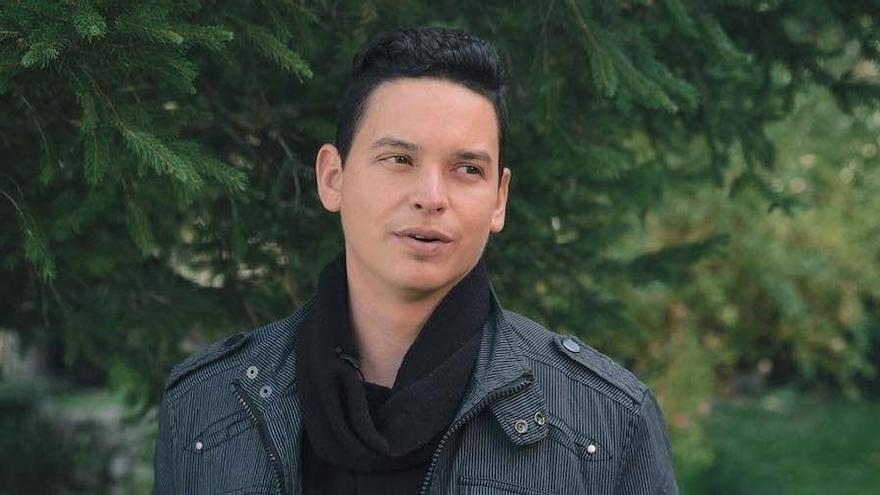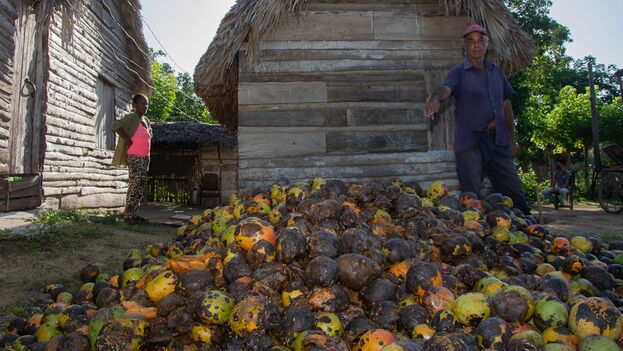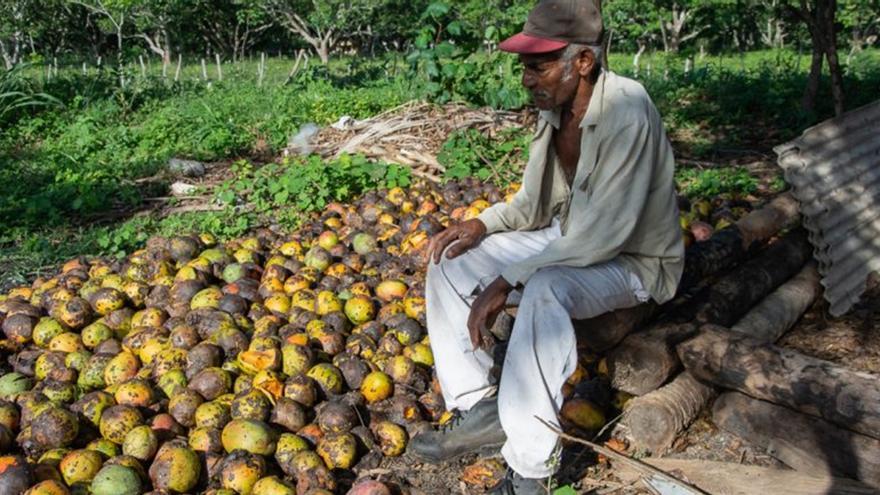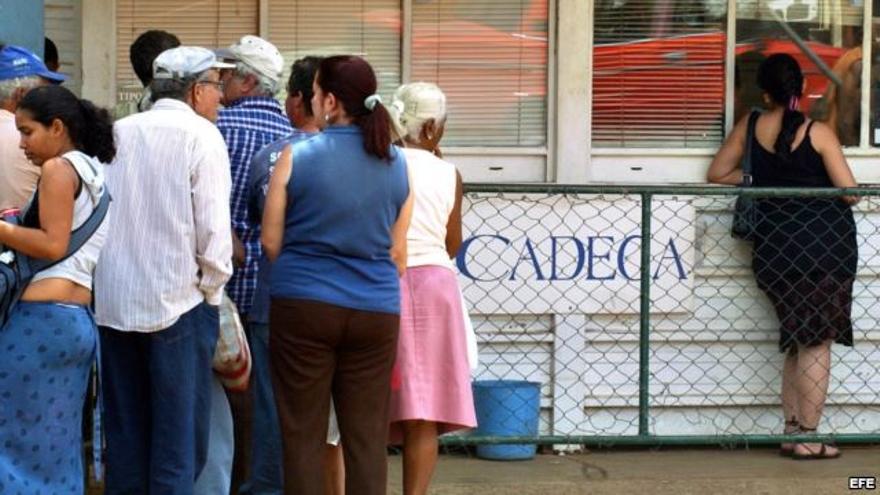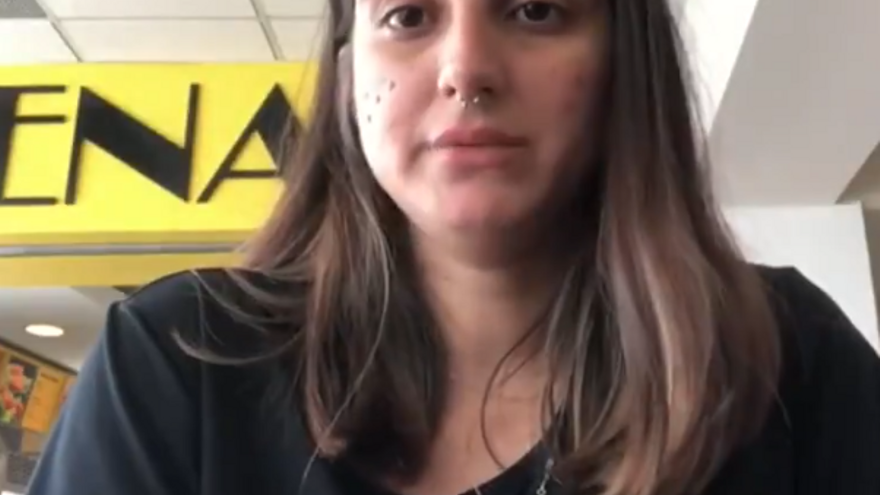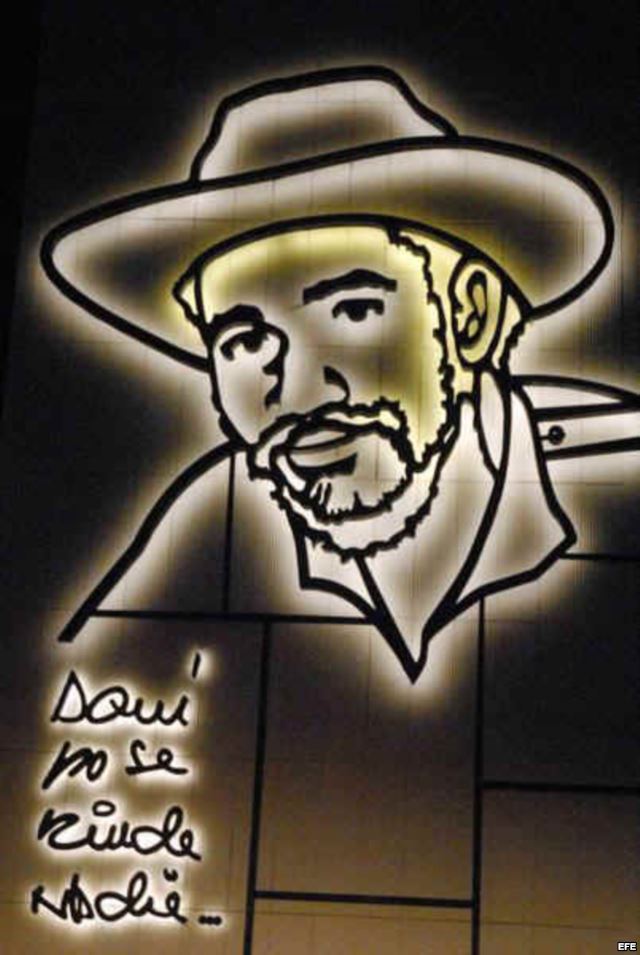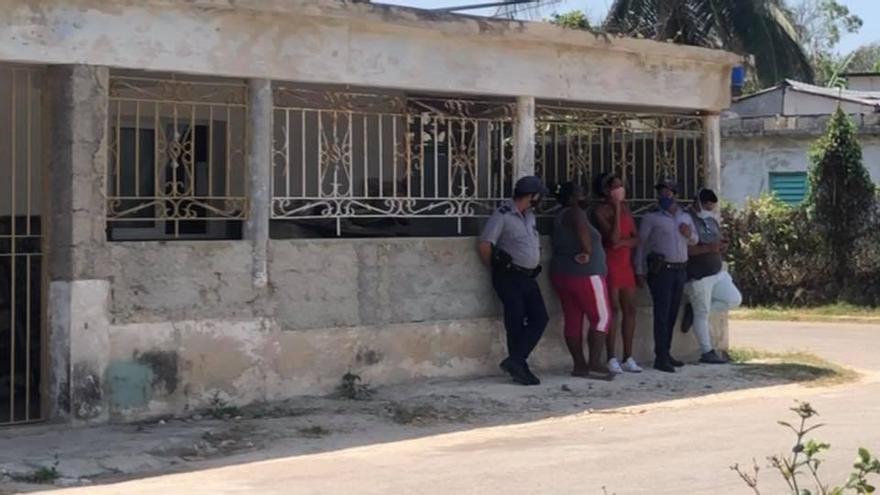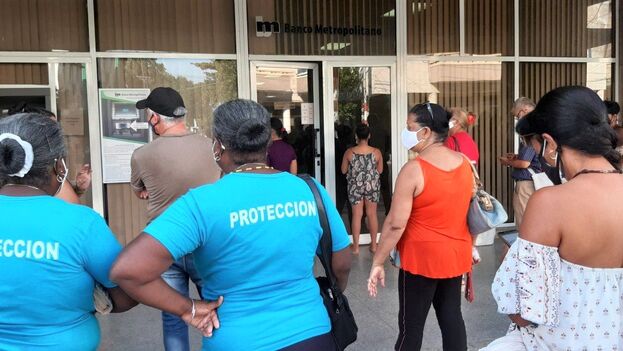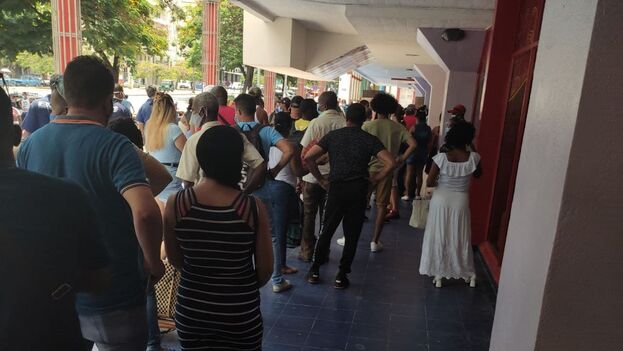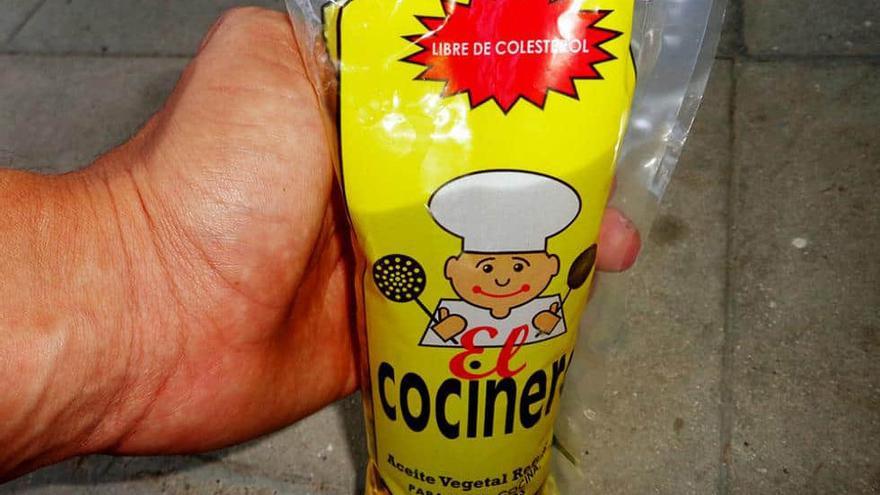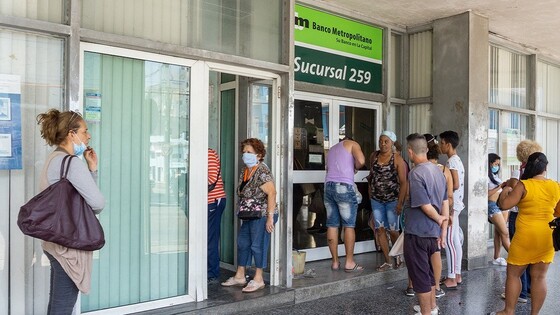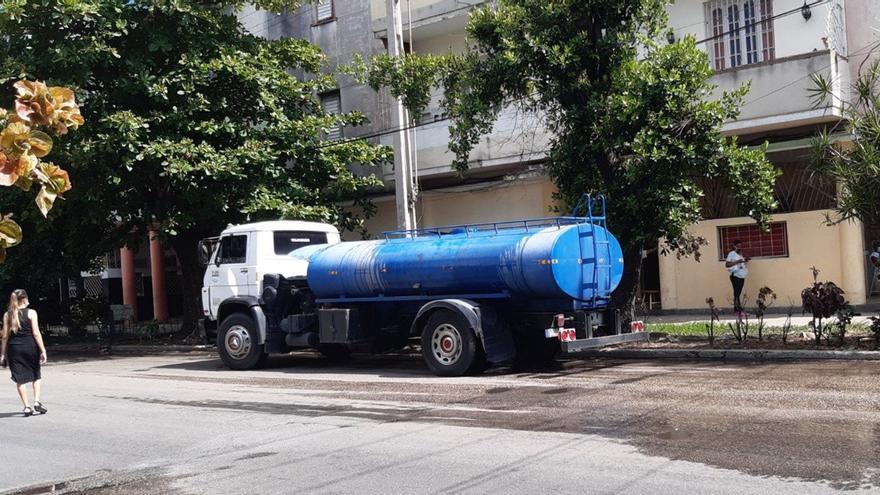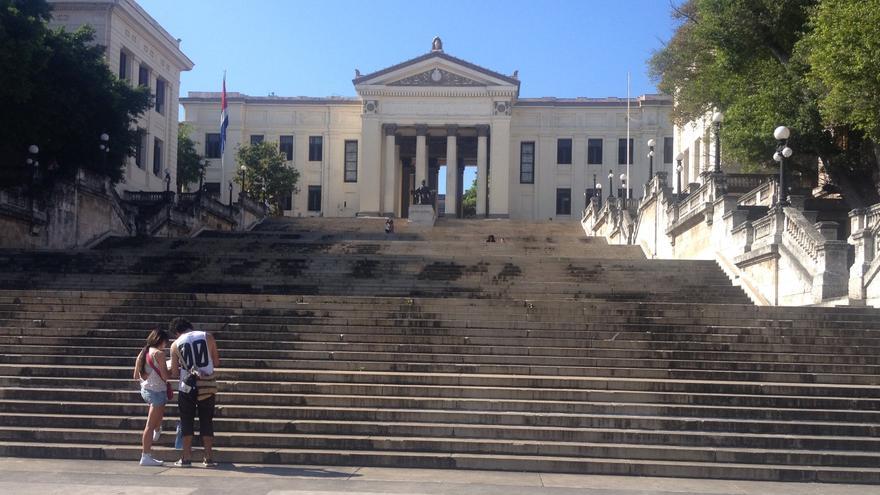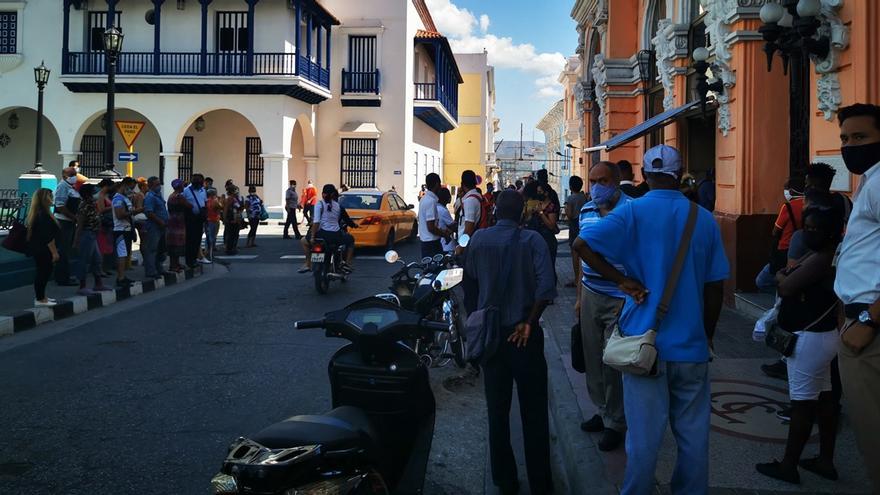
![]() 14ymedio, Havana, 14 June 2021 — Authorities in Santiago de Cuba have lifted restrictions on motorcycles carrying passengers, part of a series of measures originally intended to contain an outbreak of Covid-19, which the city has been experiencing for months. In reponse to complaints from the public, officials released a statement on Saturday announcing that commercially licensed motorcyclists would be allowed transport one passenger.
14ymedio, Havana, 14 June 2021 — Authorities in Santiago de Cuba have lifted restrictions on motorcycles carrying passengers, part of a series of measures originally intended to contain an outbreak of Covid-19, which the city has been experiencing for months. In reponse to complaints from the public, officials released a statement on Saturday announcing that commercially licensed motorcyclists would be allowed transport one passenger.
With more than 7,200 of these vehicles operating in the city, the initial decision to ban the practice of motorcycle ride-sharing led to complaints and criticisms from residents. Faced with a decrepit and deteriorating public transit system, they have come to see the motorcycle as an essential means of transportation.
“This ban made no sense. For a lot of families it’s their only way of getting around. That goes for public and private sector workers as well. There are those who like to throw stones but some of those people have to make ends meet by transporting their relatives because public transportation here is so incredibly bad. It’s terrible,” complains one resident, who says he does not often use this service because fares have risen so much since January. continue reading
The Temporary Working Group, the agency handling the public health emergency, announced that motorcycles would only be allowed to carry paying passengers during the hours public transport in operating. They are considering whether or not to allow motorcyclists, with or without commercial licenses, to transport family members with whom they are living.
Authorities say the decision is intended to “alleviate the transportation needs” for city residents.
“As in times past, motorcyclists are still doing the rounds and avoiding the traffic police by operating mainly in areas outside the city center, like Santa Maria, Boniato and Caney,” reports one young man who works in construction in the city.
“Thanks to the motorcycles a lot of us are able to get around because public transport only runs for a few hours a day and you have to fight for your life to use it,” he adds.
As of May 26, public transport may operate for six hours a day, from 5 A.M to 8 A.M and from 4 P.M. to 7 P.M. Only vehicles which are distributing essential goods, transporting flour, or being used by Public Health personel for administrative functions may operate outside those hours.
On Saturday, Santiago de Cuba reported 180 new cases of Covid, putting it behind Havana at 422 cases and Matanzas at 192, on a day that saw a record 1,470 new infections. On that same day there were 12 deaths due to complications associated with the infection for a total of 1,087 deaths from Covid-19 on the island.
The Public Health Ministry announced on Sunday that it has recorded 157,708 positive Covid test results since March 2020. Since early May, new daily infections of SARS-CoV-2 have averaged more than a thousand, with 1,198 cases in June so far.
On Sunday, Cuba, with a population of 11.2 million, reached a Covid case rate of 152 per 100,000 inhabitants according to the Spanish news agency EFE.
Controlled trials of the two of the five vaccines developed in Cuba, Abdala and Sovereign 02, are being conducted in high-risk areas of the country.
Both pharmaceuticals are in the final phase of clinical trials, which determine the efficacy of a potential vaccine. They have not yet received emergency use authorization from the country’s regulatory agency but authorities are hoping to obtain it this month once the results of the clinical trials are known. If one or both are shown to be effective, a massive vaccination campaign will begin.
Cuba is not part of the COVAX project, a vaccine program created by the World Health Organization which allows low and medium-income countries to acquire vaccines they have not been able buy on the world market.
____________
COLLABORATE WITH OUR WORK: The 14ymedio team is committed to practicing serious journalism that reflects Cuba’s reality in all its depth. Thank you for joining us on this long journey. We invite you to continue supporting us by becoming a member of 14ymedio now. Together we can continue transforming journalism in Cuba.

